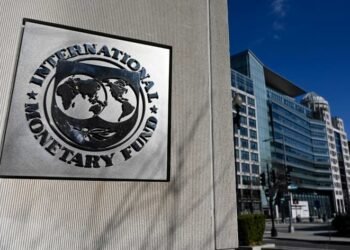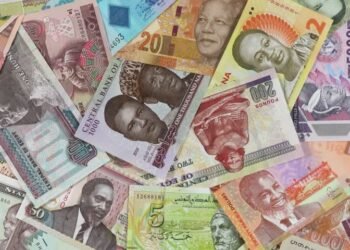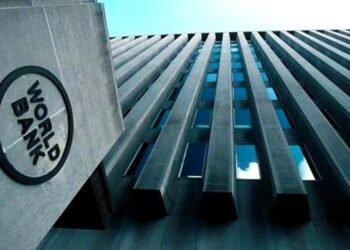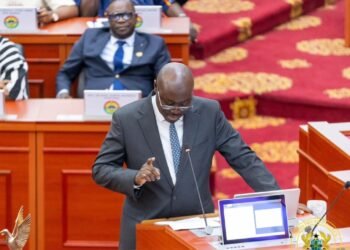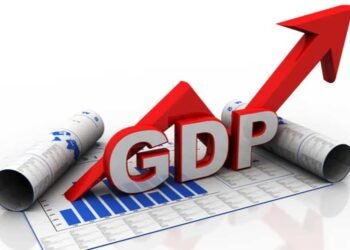The African Peer Review Mechanism (APRM), an organ of the African Union (AU) that supports African countries in the area of credit ratings, has condemned latest downgrade of Ghana’s economy by ratings agencies, S&P and Fitch.
APRM described the “unjustified negative rating actions” in Africa since the beginning of 2022 as unwarranted and contrasting the continent’s economic recovery efforts from the devastating impact of the Covid-19 pandemic.
The APRM indicted that the rating downgrades are compounding the complexity of driving the economic recovery process and making current fiscal measures ineffective. Both S&P and Fitch downgraded Ghana’s credit ratings to junk status.
“The APRM has noted with concern the increase in the number of negative rating actions against African countries by the three international rating agencies. The downgrade of Ghana is the latest of such rating actions in which the country’s long-term foreign currency sovereign rating was lowered further into junk grade, from B- to CCC+ with negative outlook and B- to CCC by S&P and Fitch on 5th and 10th August 2022, respectively. This is the third and fourth consecutive rating downgrades on Ghana by the three major international rating agencies since the beginning of 2022”.
APRM
The APRM indicated in a statement that it corroborates with the Government of Ghana in expressing its reservations on the decisions by the international rating agencies to downgrade Ghana despite the credit-positive policies being implemented to address various macro-fiscal challenges that the country is facing.
APRM further noted that although it acknowledges that S&P and Fitch highlighted the effects of the COVID-19 pandemic and the severe global shock of the crisis in Ukraine on Ghana, the speculative comments and rating actions by the international rating agencies in the first half of 2022 materially contributed to the country’s losing access to international financial markets.
In view of the continuing trend of negative credit rating actions on the continent, the APRM called for coordinated response to address the ongoing speculative pessimism by analysts and for ratings to be enablers rather than impediments of economic recovery. The response mechanisms include regulatory measures, developing alternative ratings and alternative funding sources, it highlighted.
S&P Downgrades Ghana on the Back of Intensifying Financing and External Pressures
On 5th August 2022, Standard and Poor’s (“S&P”) Global Ratings downgraded Ghana’s foreign and local currency credit ratings from ‘B-/B’ To ‘CCC+/C’ with a negative outlook. According to S&P, the downgrade is due to intensifying financing and external pressures on the economy.
However, the Ministry of Finance expressed government’s displeasure on the rating actions by S&P, a stance the APRM has duly supported in its recent statement.
“The Government is disappointed by S&P’s decision to downgrade Ghana despite the bold policies implemented in 2022 to address macro fiscal challenges and debt sustainability which have been significantly exacerbated by the impact of these global external shocks on the economy”.
Ministry of Finance
Government has pledged to continue to be proactive in addressing the impact of these external and domestic headwinds on the economy and on the lives and livelihoods of Ghanaians.
Government has implemented key revenue and expenditure measures, including the 30% cut in discretionary expenditures. According to the Ministry of Finance, the delays in the passage of key revenue measures introduced in the 2022 Budget affected revenues performance in the first half of the year.
However, all the revenue measures introduced in the 2022 Budget, including the review of the MDA Fees and Charges Bill, the Tax Exemption Bill, the E-Levy Bill, have all now been promulgated by Parliament. These fiscal measures are now in full implementation mode to support the fiscal and debt sustainability policies.
The Government further expressed its commitment and confidence that it will successfully emerge from these challenges in the shortest possible time.
READ ALSO: Utility Tariff Increment Will Worsen Plight Of Already Impoverished Ghanaians- Minority




